Summaries of books about Physics & Chemistry:

The Laws of Thermodynamics
A Very Short Introduction
Peter Atkins
The book provides a concise explanation of the four fundamental laws of thermodynamics, which govern the flow of energy and its transformation from one form to another. It explores the wide-ranging implications of these laws, from their applications in engines and refrigerators to their profound relevance in the universe's structure and the flow of time.
See full summary

The Upright Thinkers
The Human Journey from Living in Trees to Understanding the Cosmos
Leonard Mlodinow
The book traces the evolution of human thought from its earliest stages to modern scientific understanding, exploring the development of key scientific concepts and the individuals who contributed to them. It delves into the history of philosophy, physics, and biology to illustrate how curiosity and the quest for knowledge have shaped the human experience and our comprehension of the universe.
See full summary
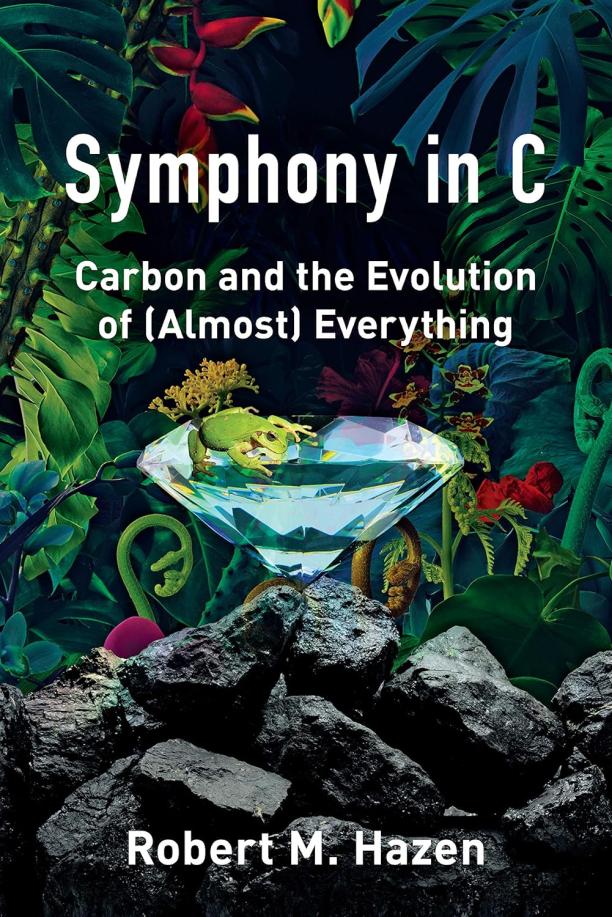
Symphony in C
Carbon and the Evolution of (Almost) Everything
Robert M. Hazen
The book explores the pivotal role of carbon in the formation of the universe, Earth, life, and human civilization, highlighting its ubiquitous presence in the environment, technology, and biochemistry. It delves into the carbon cycle, the origins of life, the impact of carbon on the climate, and the future prospects of carbon-based innovations.
See full summary
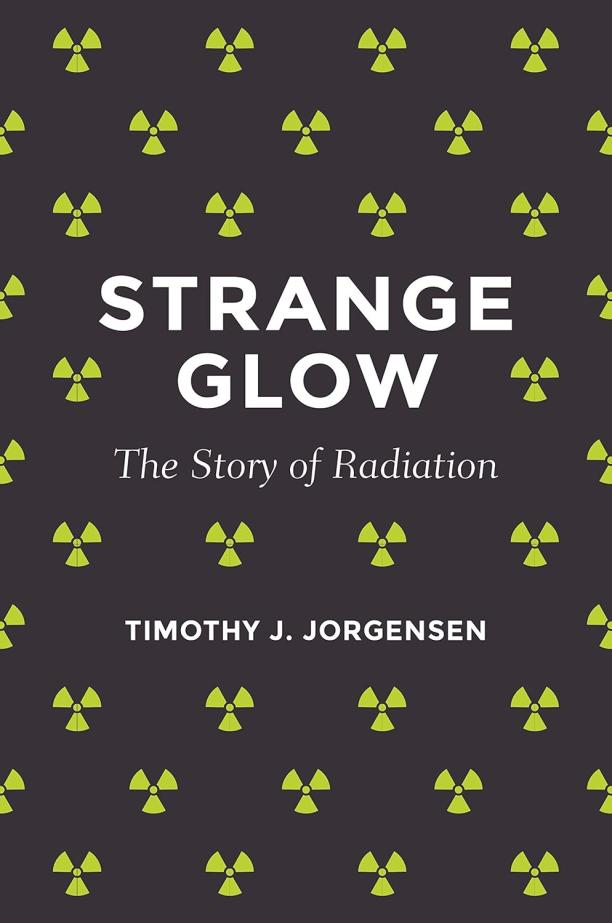
Strange Glow
The Story of Radiation
Timothy J. Jorgensen
The book traces the history of radiation, from its discovery to its various applications in medicine, industry, and energy, and explores the impact of radiation on human health and the environment. It provides a comprehensive overview of the science behind radiation, demystifying its risks and benefits, and delves into the stories of both the pioneers in the field and those affected by radiation exposure.
See full summary
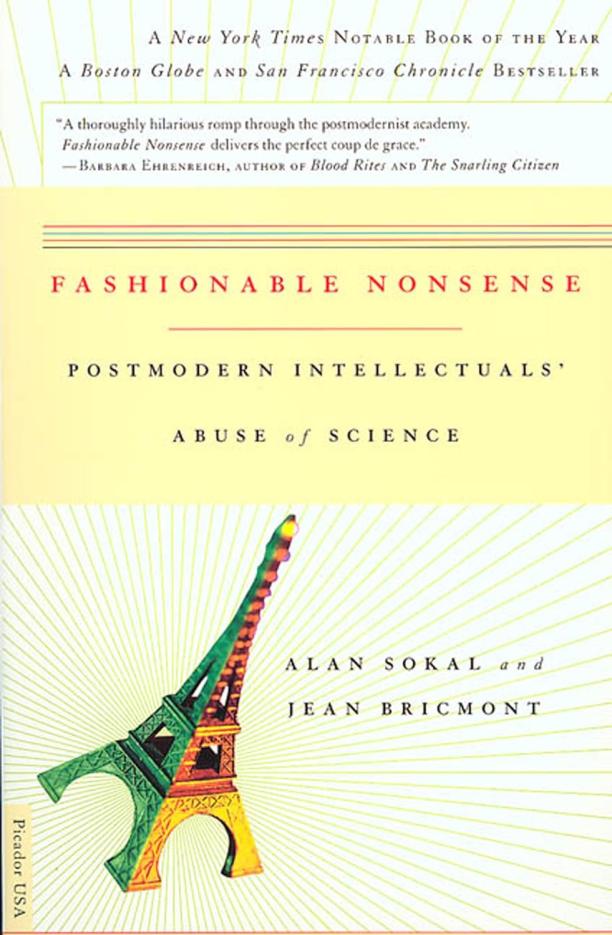
Fashionable Nonsense
Postmodern Intellectuals' Abuse of Science
Alan Sokal|Jean Bricmont
The book critiques various postmodern thinkers for misusing scientific and mathematical concepts in their writings, arguing that they display a profound lack of understanding of the subjects they reference. It aims to expose the intellectual irresponsibility of these authors and defend the integrity of scientific inquiry against obscurantism.
See full summary
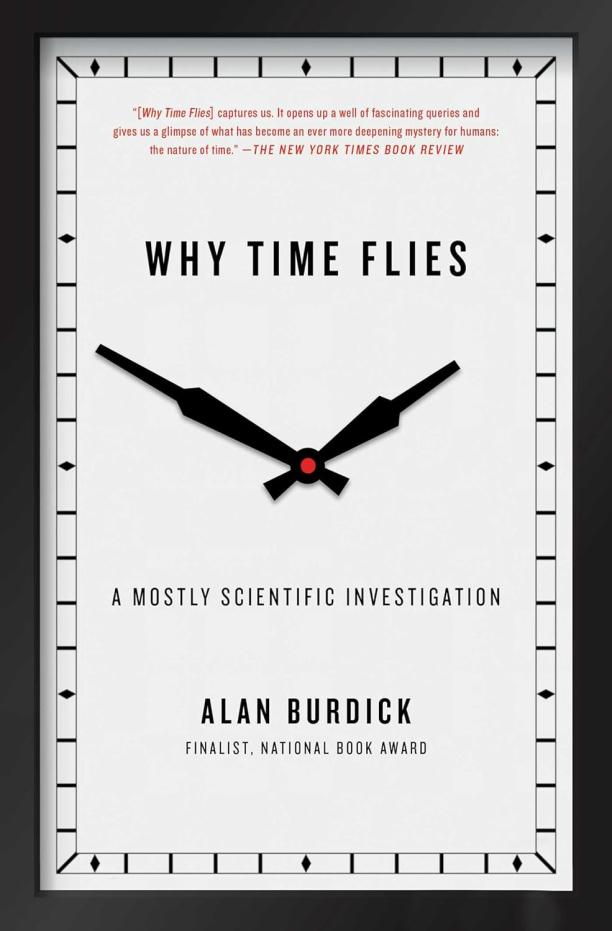
Why Time Flies
A Mostly Scientific Investigation
Alan Burdick
The book explores the concept of time from a scientific perspective, delving into the ways humans perceive its passage and the mechanisms that govern it. It combines personal anecdotes with research from psychology, biology, and physics to examine our relationship with time and how it shapes our lives.
See full summary

Antimatter
Frank Close
The book explores the concept, discovery, and applications of antimatter, delving into its role in particle physics and the universe. It discusses the scientific journey from theoretical prediction to experimental confirmation and potential uses in medicine and energy, as well as the challenges in studying and producing antimatter.
See full summary
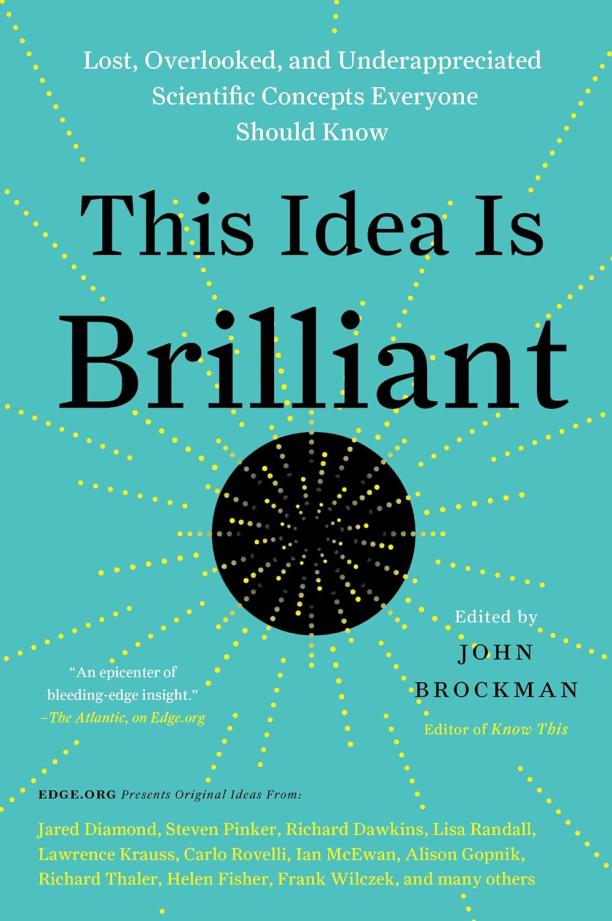
This Idea Is Brilliant
Lost, Overlooked, and Underappreciated Scientific Concepts Everyone Should Know
John Brockman
The book is a curated collection of essays from leading thinkers and scientists, each sharing a concept they believe is undervalued but crucial to understanding the world. Topics range from cognitive biases and information theory to quantum mechanics and complex systems, aiming to enlighten readers on ideas that can transform our grasp of reality.
See full summary
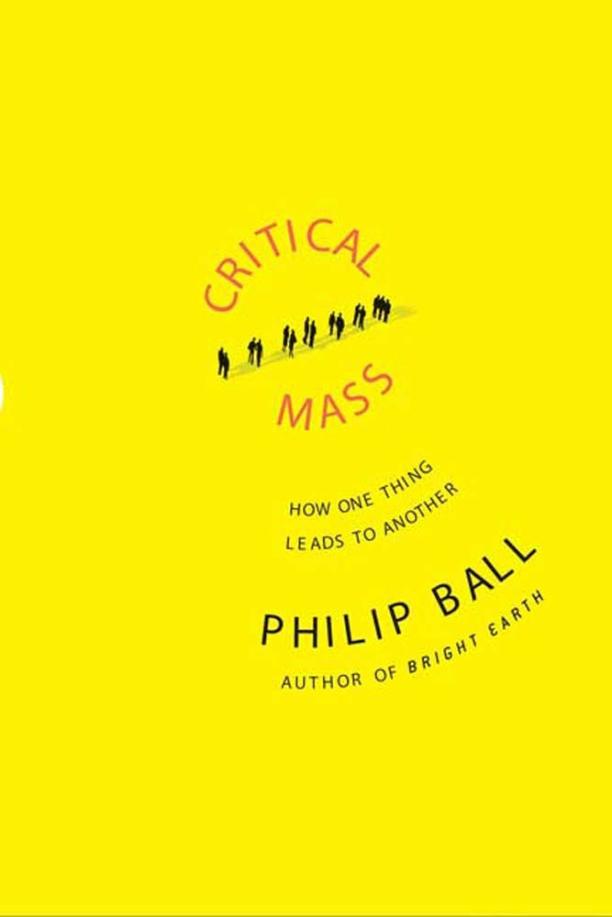
Critical Mass
How One Thing Leads to Another
Philip Ball
The book explores the application of physics concepts, particularly statistical mechanics, to understand the collective behavior of human societies and economic systems. It delves into how individual actions can aggregate into large-scale phenomena, drawing parallels between physical systems and social dynamics.
See full summary
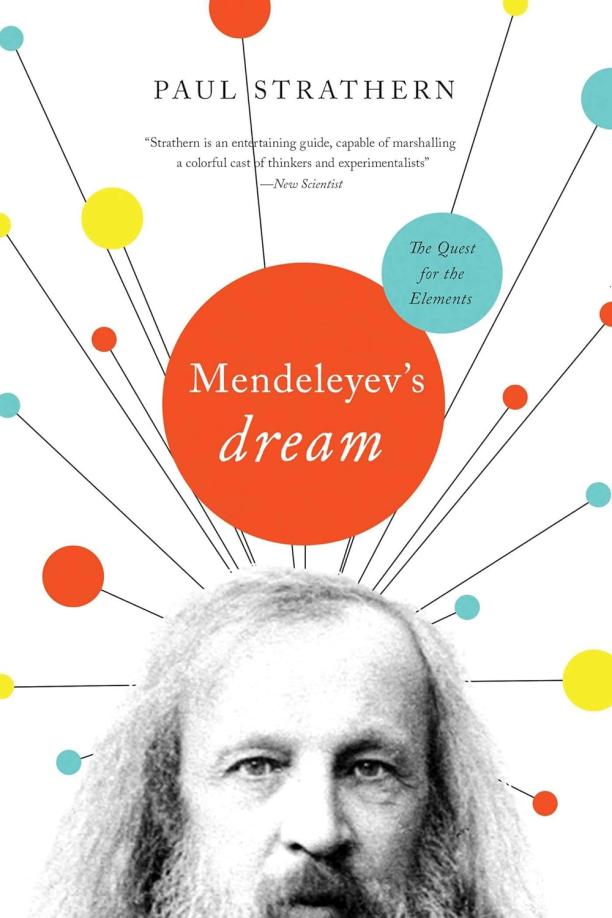
Mendeleyev's Dream
The Quest for the Elements
Paul Strathern
The book traces the history of chemistry from the ancient Greeks through the development of the periodic table by Dmitri Mendeleev. It explores the lives and discoveries of key scientists in the field, culminating in Mendeleev's revolutionary organization of the elements based on their atomic weights and properties.
See full summary